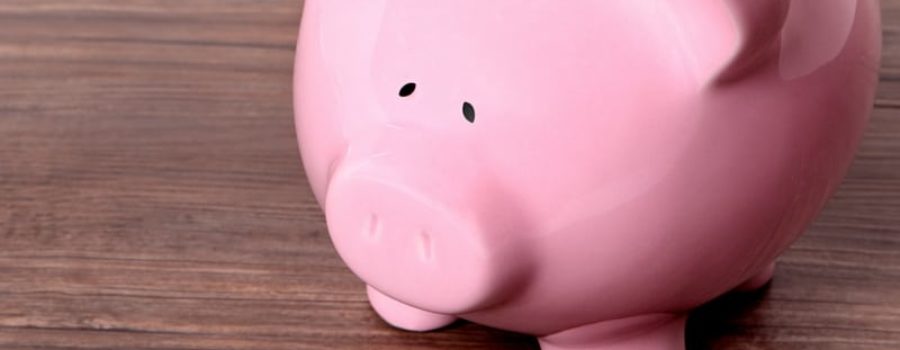 Starting in April 2016, a new Personal Savings Allowance will mean 95% of taxpayers no longer pay income tax on interest from cash savings.
Starting in April 2016, a new Personal Savings Allowance will mean 95% of taxpayers no longer pay income tax on interest from cash savings.
This post is designed to help aid understanding of the new Personal Savings Allowance.
The new Personal Savings Allowance consists of a tax-free allowance available for the interest you earn on your savings.
The Personal Savings Allowance means that from April 2016, you won’t have to pay tax on your savings interest if your taxable income is less than £16,800.
For a basic rate taxpayer, with total income up to £43,000 in the 2016/17 tax year, you will be eligible for a £1,000 tax-free savings allowance.
[tweet_box]Basic rate taxpayers will receive a £1,000 Personal Savings Allowance from April 2016[/tweet_box]Higher rate taxpayers who have total income between £43,001 and £150,000 in 2016/17 will receive a £500 tax-free savings allowance.
Additional rate taxpayers, who have total income exceeding £150,000 in the 2016/17 tax year, won’t receive a tax-free savings allowance at all.
Will this new Personal Savings Allowance mean you no longer need to use a tax-free cash Individual Savings Account (ISA)? We don’t think so.
For many savers, it will still make sense to use a cash ISA allowance first and then the Personal Savings Allowance.
Savings within an ISA are protected from interest tax regardless of the interest rate earned, whereas with the Personal Savings Allowance a rise in interest rates would mean effectively less of your savings were sheltered from tax.
For additional rate taxpayers who receive no Personal Savings Allowance, the cash ISA will still be available.
Cash ISAs also have the distinct advantage of being free of inheritance tax for married couples and civil partners.
All bank and building society interest will be covered by the new Personal Savings Allowance.
It is also expected that interest on peer-to-peer lending will be covered and there is a chance that interest from corporate bonds and gilts might be covered too.
One of the current unknowns is whether the Personal Savings Allowance will operate under a completely separate tax system, so your savings interest would not count towards total income for the sake of calculating whether you get the £1,000 or £500 allowance.
We expect further details to be published ahead of the introduction of the Personal Savings Allowance in April, but for now it appears to be a genuinely positive tax reducing measure which will benefit many savers.

